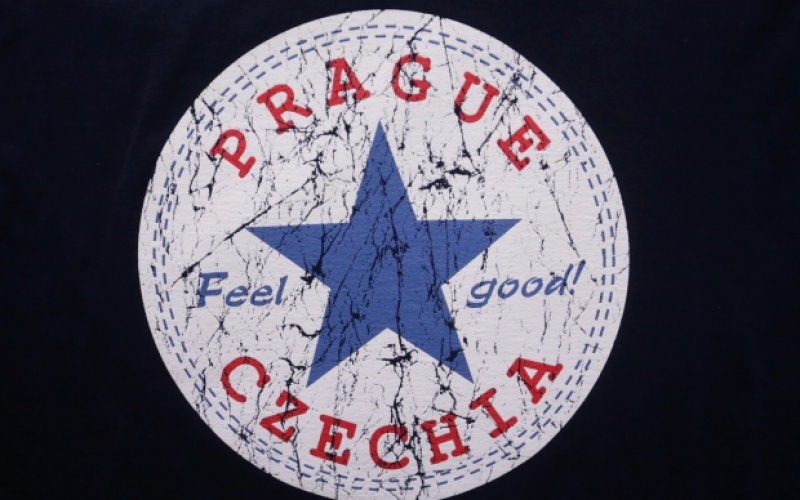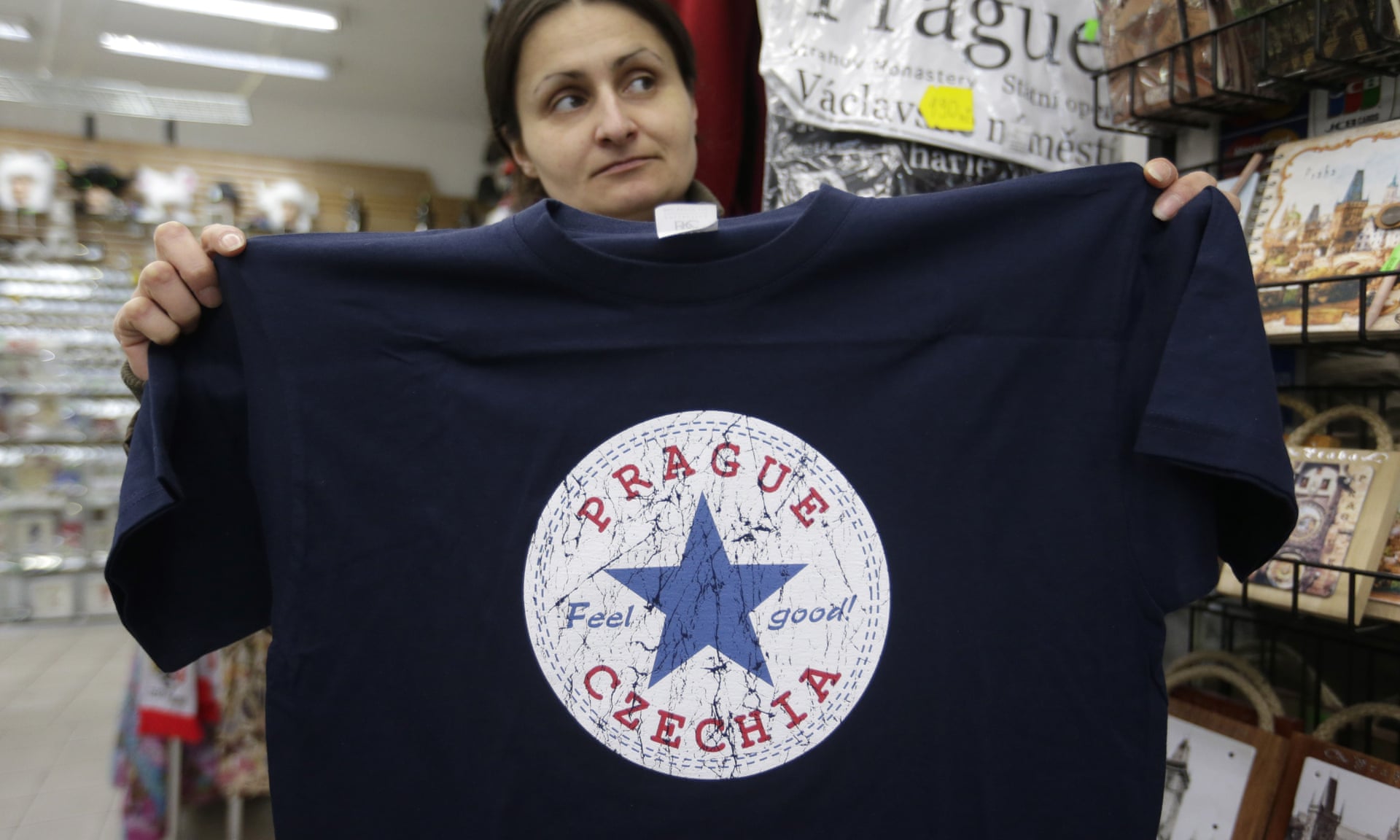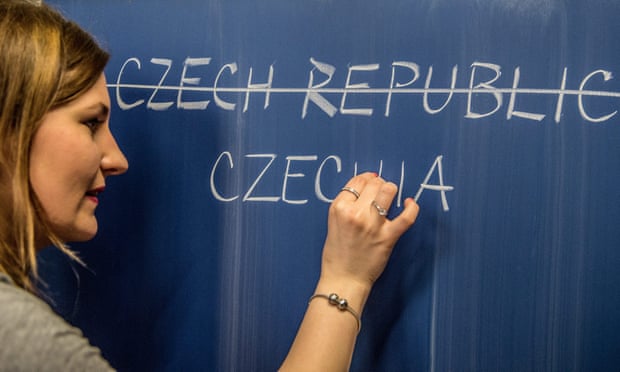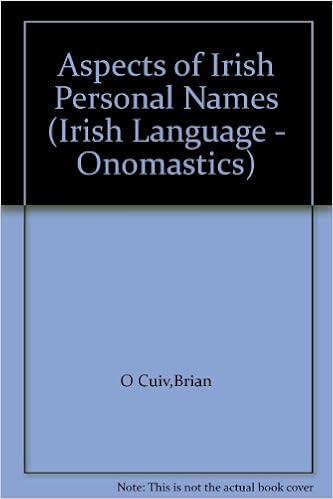http://www.onomastikblog.de/artikel/ankuendigungen/cfp-namenkolloquium-namen-und-uebersetzung-in-leipzig/
Die Deutsche Gesellschaft für Namenforschung/GfN lädt am 8. Oktober 2016 in Leipzig zum Kolloqium "Namen und Übersetzung" ein.

Mit dieser Einladung ist der entsprechende Call for Papers verbunden: Wir würden uns über Vorschläge zu dieser durchaus interessanten und komplexen Thematik bis zum 30. April sehr freuen! Da die Beiträge zu dieser Thematik das Schwerpunktthema des Jahresbandes 2016 der Namenkundlichen Informationen bilden, ist der definitive Abgabetermin der Manuskripte: 30. November 2016 unbedingt zu beachten.
Entsprechende Korrespondenz richten Sie bitte direkt an kremer@uni-trier.de.
Die Deutsche Gesellschaft für Namenforschung/GfN lädt am 8. Oktober 2016 in Leipzig zum Kolloqium "Namen und Übersetzung" ein.

Mit dieser Einladung ist der entsprechende Call for Papers verbunden: Wir würden uns über Vorschläge zu dieser durchaus interessanten und komplexen Thematik bis zum 30. April sehr freuen! Da die Beiträge zu dieser Thematik das Schwerpunktthema des Jahresbandes 2016 der Namenkundlichen Informationen bilden, ist der definitive Abgabetermin der Manuskripte: 30. November 2016 unbedingt zu beachten.
Entsprechende Korrespondenz richten Sie bitte direkt an kremer@uni-trier.de.
Mit der Durchführung dieses in der Vergangenheit traditionellen Kolloquiums möchten wir eine
Ordentliche Mitgliederversammlung
verbinden. Wir wären Ihnen dankbar, Sie könnten sich diesen Termin freihalten. Gleichzeitig bitten wir bereits jetzt um Themenvorschläge und Diskussionsbeiträge.
Einzelheiten zu den für 2017 geplanten Veranstaltungen folgen demnächst.
Ordentliche Mitgliederversammlung
verbinden. Wir wären Ihnen dankbar, Sie könnten sich diesen Termin freihalten. Gleichzeitig bitten wir bereits jetzt um Themenvorschläge und Diskussionsbeiträge.
Einzelheiten zu den für 2017 geplanten Veranstaltungen folgen demnächst.
Kolloquium "Namen und Übersetzung" und anschließende Mitgliederversammlung der Gesellschaft für Namenforschung
8.Oktober 2016, Universitätsarchiv Leipzig, Prager Straße 6, 04103 Leipzig


























